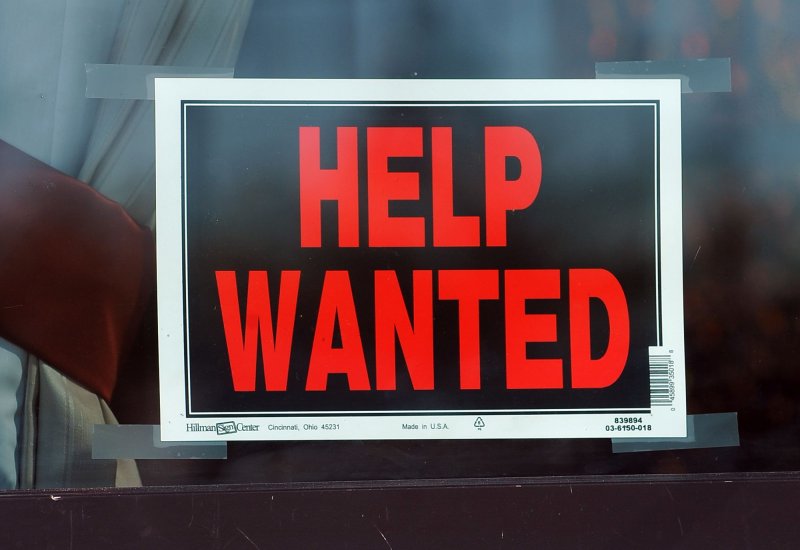CHICAGO, May 20 (UPI) -- The sheepskin may be on the wall, but today's college graduates could have a long way to go before achieving independence from mom and dad.
A recent survey by Kelton for eHealthinsurance last month found nearly half of college students and recent grads are afraid they won't be able to pay off their student loans and nearly two-thirds are afraid they won't even be able to find a job, let alone a job in their chosen field.
The survey, which queried 255 people April 13-23 online, found college students think they need an average annual salary of $81,600 to be financially independent while parents put the figure at $54,000. However, the survey found, the average salary for newly minted grads is $21,900.
With student debt now eclipsing credit-card debt as consumers' biggest liability, junior may be bunking with mom and dad a lot longer than initially planned.
Last year, students graduated with an average $24,000 in loan debt and the burden will get worse if Congress doesn't act to keep interest rates from doubling July 1.
Moody's Investors Service recently noted college tuition is "at a tipping point" and college administrators increasingly are realizing they need to find ways to make education more affordable.
"Schools are very good at adding new things, new programs," Sherideen S. Stoll, vice president for finance and administration at Bowling Green State University in Ohio, recently told The New York Times. "We are not so good at looking at things we have been doing for 20 or 30 years and saying, 'Should we be offering those academic programs?'"
Why are college costs so high? The Times blames increased campus amenities, upscale food service, frequent sabbaticals for professors, the need to stay on top of technology and healthcare -- education being labor-intensive means a large number of employees. Also to blame: top-heavy administrations and enormous compensation packages for top administrators.
The Chronicle of Higher Education listed former banker Gordon Gee, Ohio State University's chief executive, as the highest paid public university administrator in 2011 at $1.32 million plus benefits, followed by Francisco Cigarroa of the University of Texas system at $750,000 and William Powers Jr. at the University of Texas-Austin at $746,738. Rounding out the top five were Mary Sue Coleman at the University of Michigan system at $728,504 and Michael Young at the University of Utah at $723,595.
"Students and their parents who are struggling, not just with coming up with the money, but paying off the debt, I think there is a disconnect between what they are being asked to do and what they are seeing the leader of the university doing," Dale Butland of the non-profit research group Innovation Ohio told the Times.
That debt won't get paid off without jobs and the Chicago outplacement firm Challenger, Gray & Christmas advised students and new grads to treat internships with care.
"The problem is that many interns simply show up every day, put in their hours and never give any thought about how to get the most out of their short time with the employer and taking the extra steps necessary to turn this temporary position into a full-time one," company Chief Executive Officer John A. Challenger said.
"We are at a point in this recovery where job gains are finally gaining momentum but, overall, employers remain cautious when it comes to hiring. They want to ensure that they are bringing in the most talented candidates who mesh well with the company and its workers."
The National Association of Colleges and Employers 2012 Internship & Co-Op survey indicates the number of internships this year is up 8.5 percent from last year and more than half of interns (58.6 percent) turned those tryouts into full-time jobs.
"As an intern, it is critical to treat each day like a job interview. You want to set yourself apart from your fellow interns," Challenger said. "As the slowing economy potentially leads to fewer full-time positions, it is critical that interns exceed expectations. Those who merely meet expectations probably will not get the full-time job offer."










